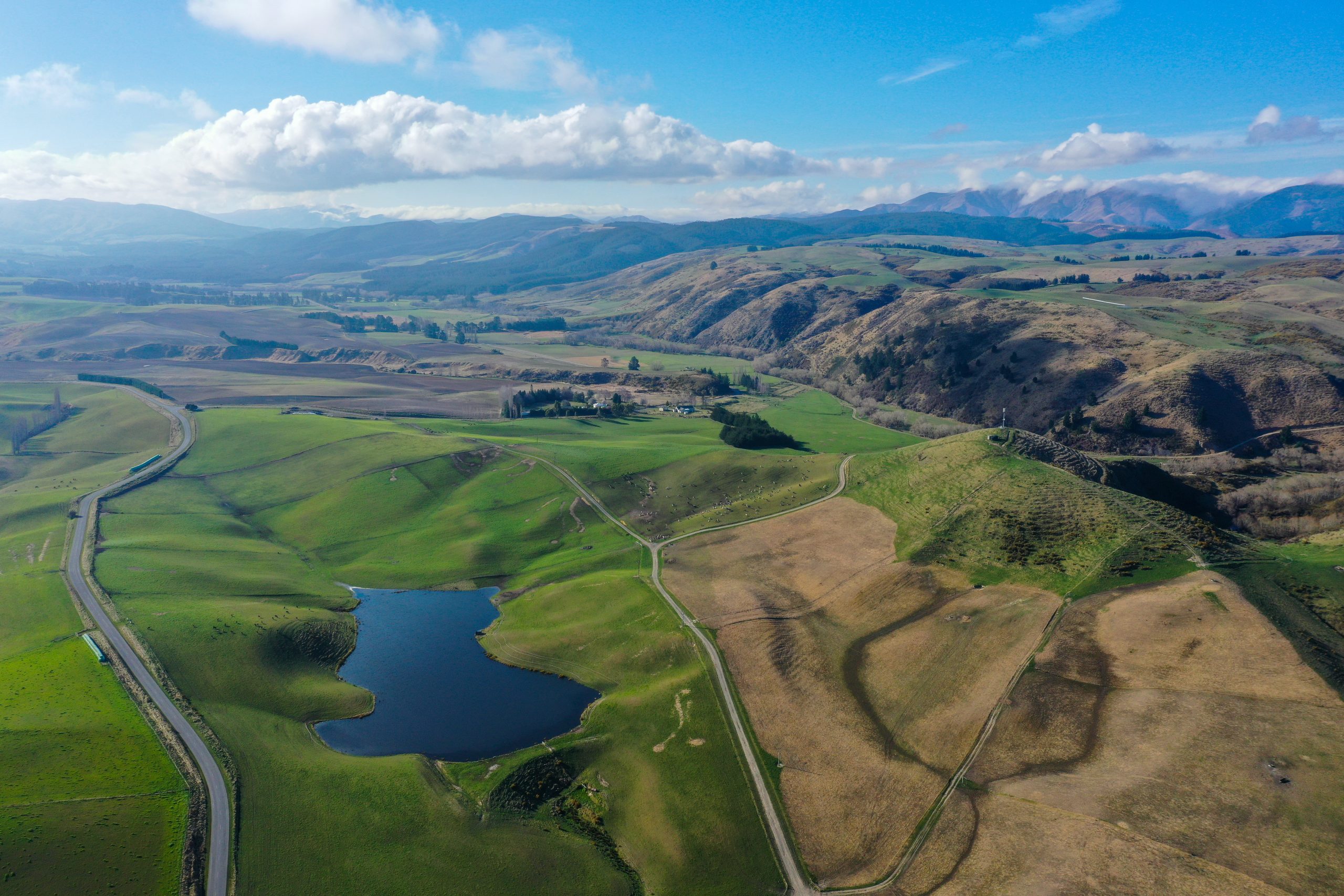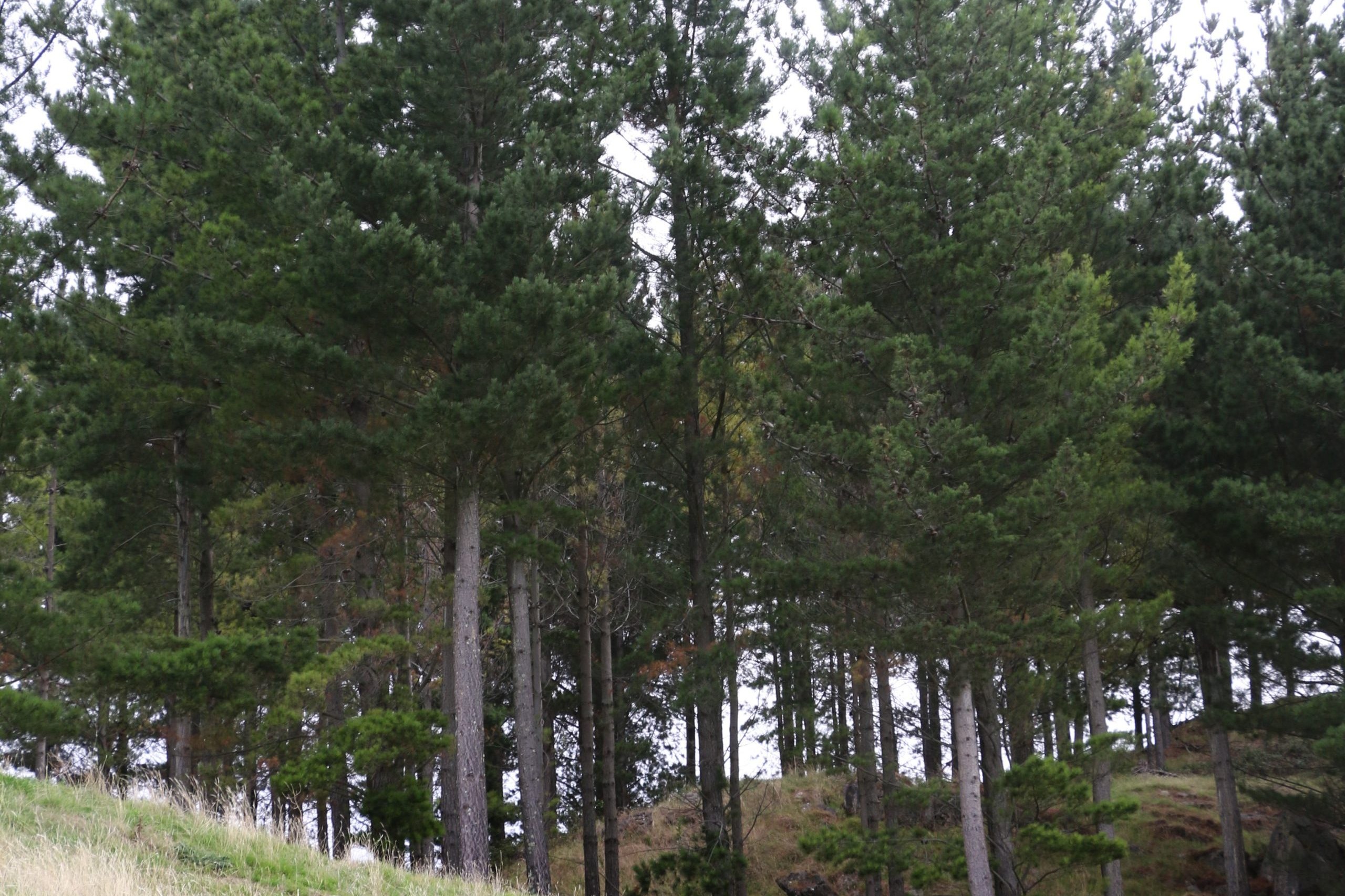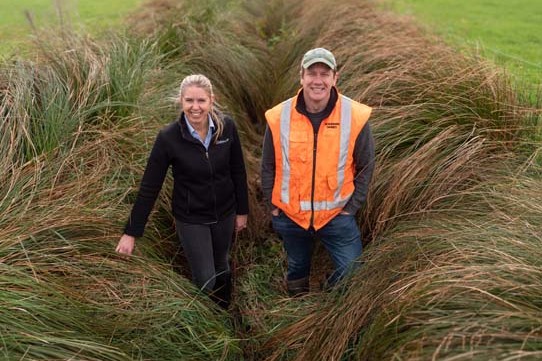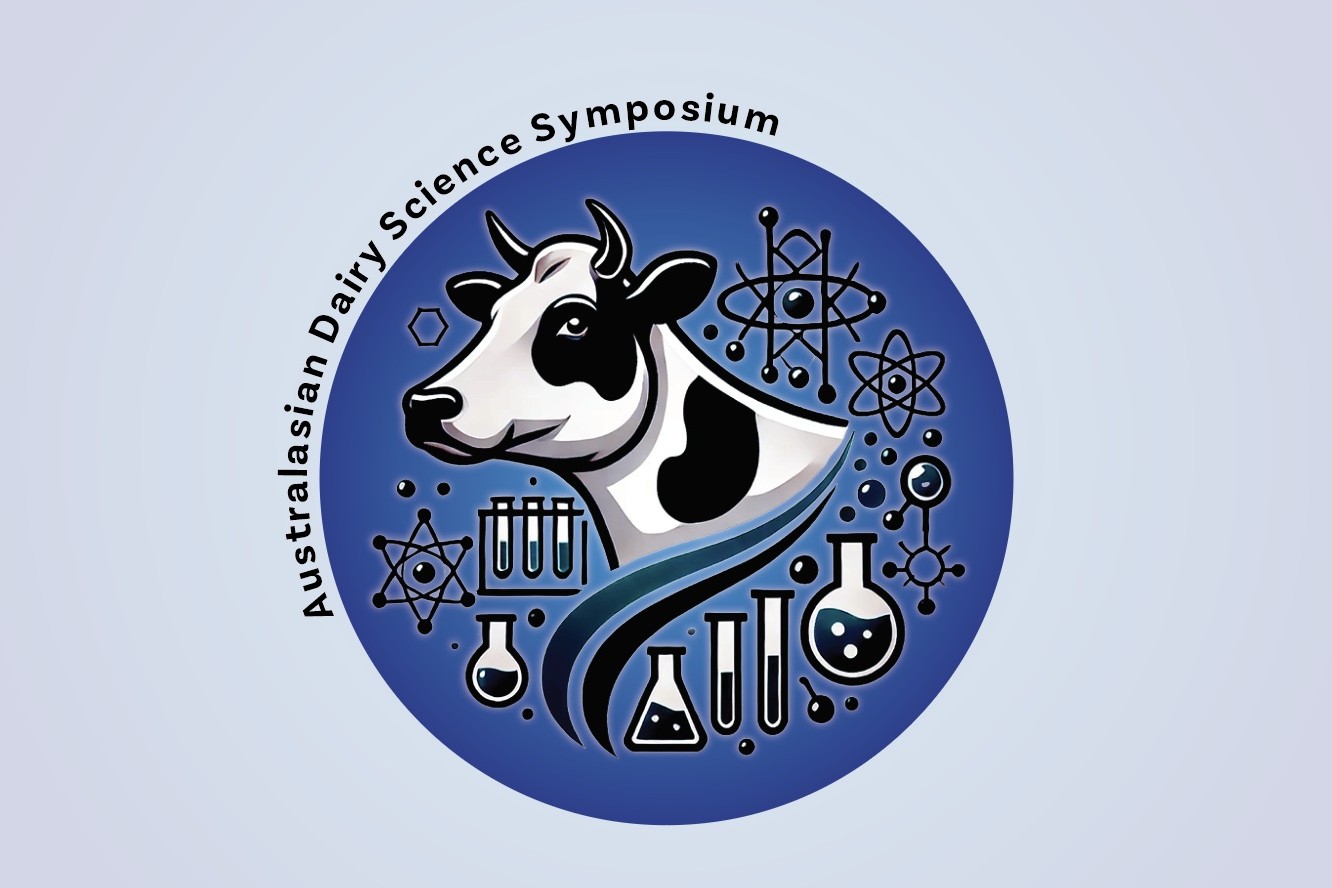David Burger
DairyNZ is working flat tack on assessing the Government’s proposed Essential Freshwater package. The proposal is of huge significance to farmers and some specifics have caused concern, particularly when there is so much to do onfarm.
The timeframes for consultation are extremely short, especially given the change proposed, the complexity and sheer volume of material to try and understand.
DairyNZ’s water quality scientists, policy experts and economists have been working through the detail to understand their implications on the environment, dairy farming families and our communities.
There has been a lot to assess, as we were not part of the development process. Along with our own analysis, information and comments farmers have provided on how the proposals affect them are vital for our submission and we appreciate the time farmers have taken to share their views, make submissions and attend meetings.
Aspects of the package we support, a number of proposals we have serious concerns about. We all want healthy waterways and we know we need to do our bit for ourselves, our communities and consumers. At the same time, we want to ensure policies to achieve this are grounded in robust science, lead to meaningful outcomes, are practical to implement and have a fair transition time.
Some of the policies build off the great work many dairy farmers have already been leading on, which will make a real difference to water quality. For example, DairyNZ supports the proposed mandatory Farm Environment Plans as the best way to manage the environment onfarm and to further improve water quality outcomes quickly.
Through our Dairy Tomorrow strategy, the dairy sector has already made a commitment for all farmers to have farm plans. However, we have concerns around how the plans will be rolled out.
In principle, we support national standards for winter grazing – another key proposal. Most of the practices the Government wants to see farmers adopt are already part of Good Management Practice. But we would like to see some of the proposed definitions, like pugging, improved.
We support stock exclusion as one of the most effective measures for reducing nutrients, sediment and bacteria entering permanent waterways. Through the Sustainable Dairying: Water Accord, dairy farmers have already made significant progress. Our scientists are reviewing what evidence there is on whether a proposed five-metre buffer requirement will be effective.
We are broadly supportive of no further increases in nutrient and sediment loading in over-allocated catchments until regional councils have set limits. Any increases in loading in these areas may require all farmers to further reduce their footprint in future. Increases are already prohibited for many regions. In catchments that are not over-allocated, we support taking a measured approach.
While we support policies that will protect ecosystem health alongside swim-ability, we don’t support the new nitrogen and phosphorus bottom lines proposed. We don’t consider these are scientifically robust or view them as the most effective way to improve waterways.
We are concerned that just focusing on nitrogen loss reductions onfarm won’t deliver the ecosystem health improvements the community wants.
Instead, we would like to see a focus on achieving improvements to ecosystem outcomes in ‘at-risk’ catchments. We recognise the need to manage high nitrogen losses across many catchments and believe a focus on improving practices through a Farm Environment Plan is the best way to achieve this.
We don’t think an adequate assessment of the economic and social impact of the proposals on farmers and regional communities has been included. We are undertaking a more robust analysis for our submission, and will share this once it’s available.
FARMERS – MAKE A SUBMISSION
An extension was granted to the original October 17 consultation deadline, following pressure from DairyNZ and other agricultural organisations. Submissions can now be made until October 31.
I would really encourage you to make a submission. The proposals could result in some significant effects on farmers and we only have one chance to make our voices heard. DairyNZ has developed a submission template. You can also make a submission online (see dairynz.co.nz/freshwater).
Keep an eye on our webpage – dairynz.co.nz/freshwater – for the latest information and submission details. If you have any questions, get in touch with our regional teams. They are happy to talk through any queries and provide support with making a submission.
- Dr David Burger is strategy and investment leader – responsible dairy with DairyNZ.
This article is free to view because it is a topic of high importance. This article was published in Dairy Exporter magazine. For less than $10/month, you can receive this detailed information to help improve performance within your business. nzfarmlife.co.nz/
Supporting New Zealand journalism.





